The Enduring Legacy of Memphis: A Journey Through Egypt’s First Capital
Related Articles: The Enduring Legacy of Memphis: A Journey Through Egypt’s First Capital
Introduction
In this auspicious occasion, we are delighted to delve into the intriguing topic related to The Enduring Legacy of Memphis: A Journey Through Egypt’s First Capital. Let’s weave interesting information and offer fresh perspectives to the readers.
Table of Content
The Enduring Legacy of Memphis: A Journey Through Egypt’s First Capital

Memphis, nestled on the western bank of the Nile River, holds a pivotal place in the tapestry of ancient Egyptian history. For over two millennia, it served as the nation’s capital, a hub of power, culture, and innovation. Today, its remnants offer a fascinating glimpse into the lives and achievements of a civilization that continues to captivate the world.
A City of Beginnings:
Memphis, founded around 3100 BCE, marked the unification of Upper and Lower Egypt under King Menes. This pivotal moment, often depicted in hieroglyphs as the "Joining of the Two Lands," transformed Egypt from a collection of independent nomes into a single, unified kingdom. Memphis, strategically located at the juncture of the Nile delta and Upper Egypt, became the natural choice for the capital, providing easy access to trade routes and resources.
The Heart of Power:
For centuries, Memphis served as the seat of pharaohs, housing their palaces, temples, and administrative centers. The city’s sprawling necropolis, the "City of the Dead," housed the elaborate tombs of pharaohs and nobles, testament to their wealth and power. The Great Pyramid of Djoser, constructed by the architect Imhotep, stands as a testament to the architectural prowess of the Old Kingdom era.
A Center of Culture and Innovation:
Beyond its political significance, Memphis was a vibrant cultural hub. The city’s artisans produced exquisite jewelry, pottery, and sculptures, while its scribes meticulously documented royal decrees and religious texts. The renowned "Memphis School" of art, known for its distinctive style, flourished during the Old Kingdom, leaving behind a legacy of stunning sculptures and reliefs.
A Legacy of Gods and Myths:
Memphis was also deeply intertwined with Egyptian mythology. The city was the home of the god Ptah, the creator deity, who embodied the creative force of the universe. His temple, the "Great White Wall," was a major pilgrimage site and a symbol of the city’s religious significance. The god Apis, a sacred bull, was also worshipped in Memphis, with his temple serving as a site of religious rituals and offerings.
Decline and Rediscovery:
Over time, Memphis’ influence waned. The rise of Thebes as the new capital during the Middle Kingdom marked a shift in power. However, Memphis continued to be a significant center of religious activity and artistic expression. By the time of the Roman Empire, the city had fallen into ruin, swallowed by the sands of time.
A Window to the Past:
In the 19th century, the rediscovery of Memphis began with the work of European archaeologists. Excavations revealed a wealth of artifacts, including the majestic Sphinx of Memphis, the colossal statues of Ramses II, and the beautifully preserved tomb of the high priest Ptahmose. Today, the site of ancient Memphis, now a UNESCO World Heritage Site, offers a fascinating glimpse into the grandeur of Egypt’s first capital.
Exploring the Treasures of Memphis:
Visitors to Memphis can explore the remnants of the city’s past:
-
The Great Pyramid of Djoser: This step pyramid, a marvel of ancient architecture, showcases the ingenuity of the Old Kingdom era.
-
The Sphinx of Memphis: This imposing statue, carved from limestone, stands as a testament to the city’s royal power.
-
The Serapeum: This impressive complex, dedicated to the god Apis, houses a series of underground chambers containing the sarcophagi of sacred bulls.
-
The Temple of Ptah: Although mostly ruined, the temple offers a glimpse into the city’s religious heart.
-
The Necropolis: This sprawling cemetery, home to the tombs of pharaohs and nobles, provides a fascinating insight into ancient Egyptian funerary practices.
Understanding the Importance of Memphis:
Memphis, the first capital of Egypt, holds a profound historical and cultural significance. It played a crucial role in shaping the nation’s identity, laying the foundation for its political, economic, and cultural development. The city’s enduring legacy is reflected in its architecture, art, and mythology, providing a window into the lives and achievements of a civilization that continues to captivate and inspire.
FAQs about Memphis:
Q: When was Memphis founded?
A: Memphis was founded around 3100 BCE by King Menes.
Q: What was the significance of Memphis as the capital of Egypt?
A: Memphis served as the seat of pharaohs, housing their palaces, temples, and administrative centers. Its strategic location facilitated trade and access to resources.
Q: What are some of the notable archaeological finds at Memphis?
A: The Great Pyramid of Djoser, the Sphinx of Memphis, the Serapeum, and the Temple of Ptah are among the most significant discoveries.
Q: Why is Memphis considered a UNESCO World Heritage Site?
A: The site of ancient Memphis, with its historical, archaeological, and cultural significance, was designated a UNESCO World Heritage Site in 1979.
Q: What are some of the most important deities associated with Memphis?
A: Ptah, the creator god, and Apis, the sacred bull, were both worshipped in Memphis.
Tips for Visiting Memphis:
-
Plan your visit: Allow ample time to explore the vast site of ancient Memphis.
-
Hire a guide: A knowledgeable guide can enhance your understanding of the site’s history and significance.
-
Wear comfortable shoes: The site involves a lot of walking.
-
Bring water and snacks: There are limited facilities at the site.
-
Respect the site: Avoid touching or damaging any artifacts.
Conclusion:
Memphis, a city of beginnings and enduring legacy, continues to hold a unique place in the story of ancient Egypt. Its ruins offer a glimpse into the grandeur of a civilization that shaped the world. Through its monuments, artifacts, and myths, Memphis invites us to journey back in time and appreciate the enduring power of human creativity and ingenuity.


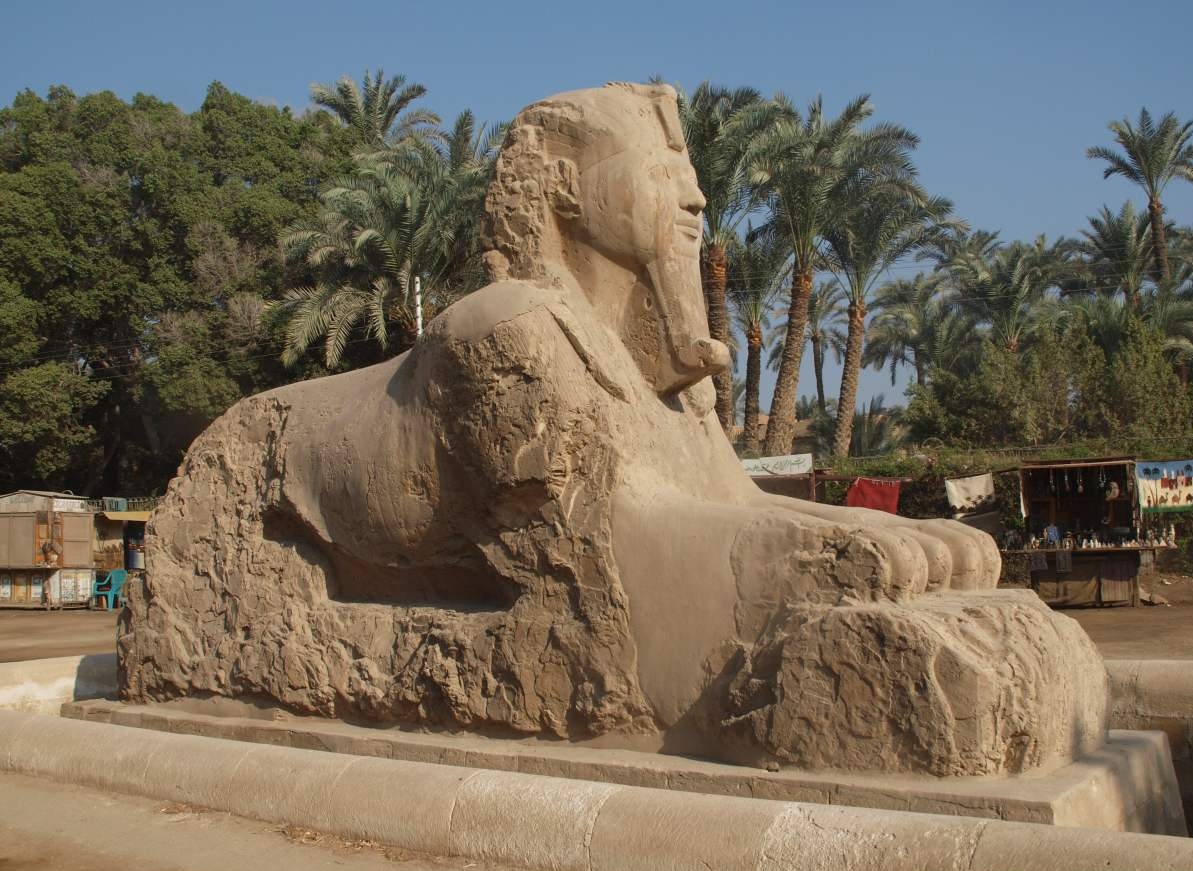
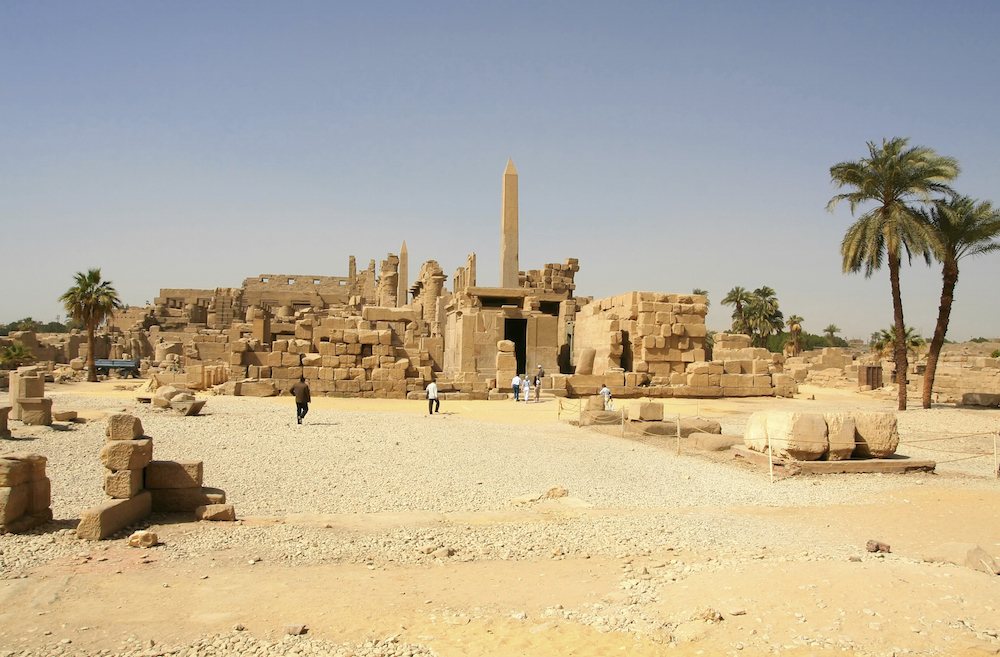

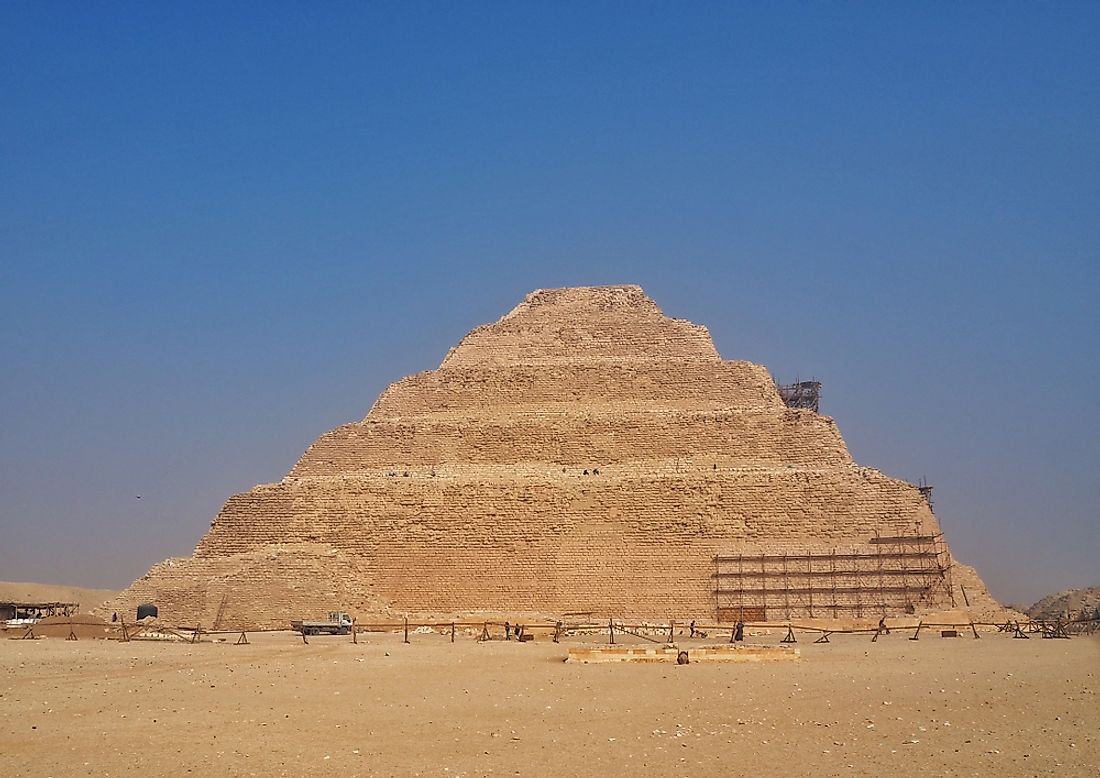
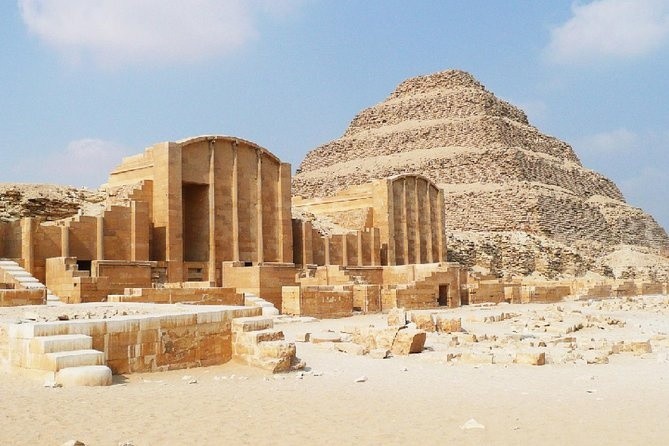
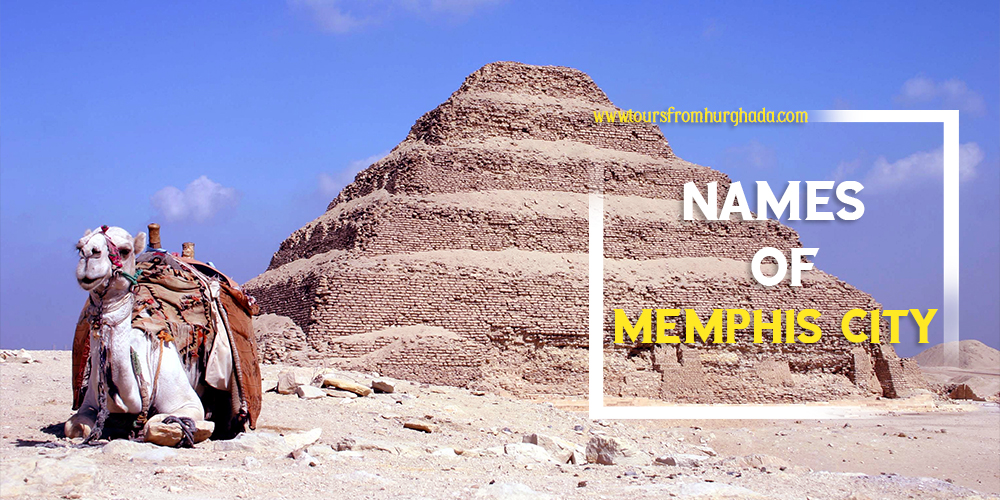
Closure
Thus, we hope this article has provided valuable insights into The Enduring Legacy of Memphis: A Journey Through Egypt’s First Capital. We appreciate your attention to our article. See you in our next article!